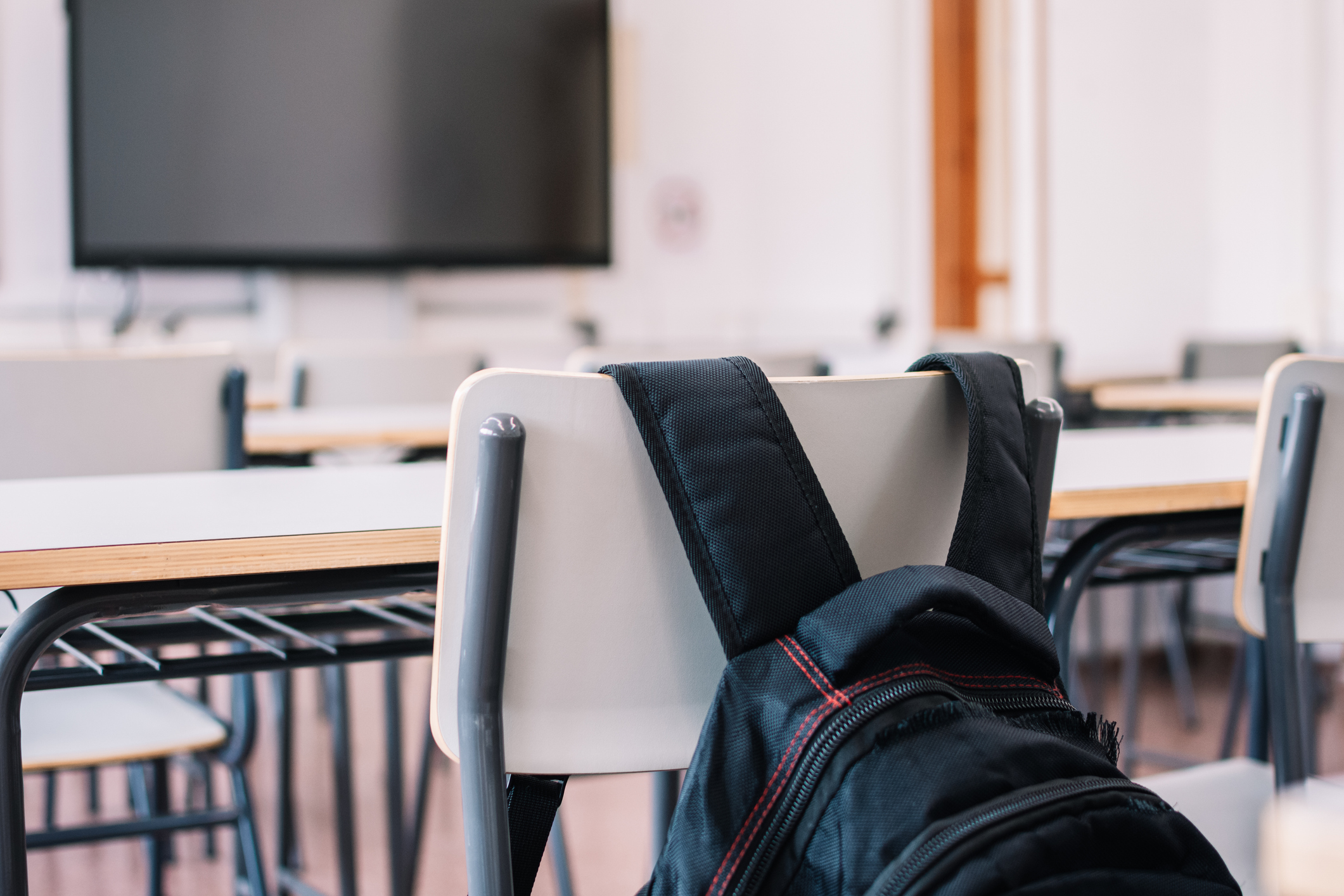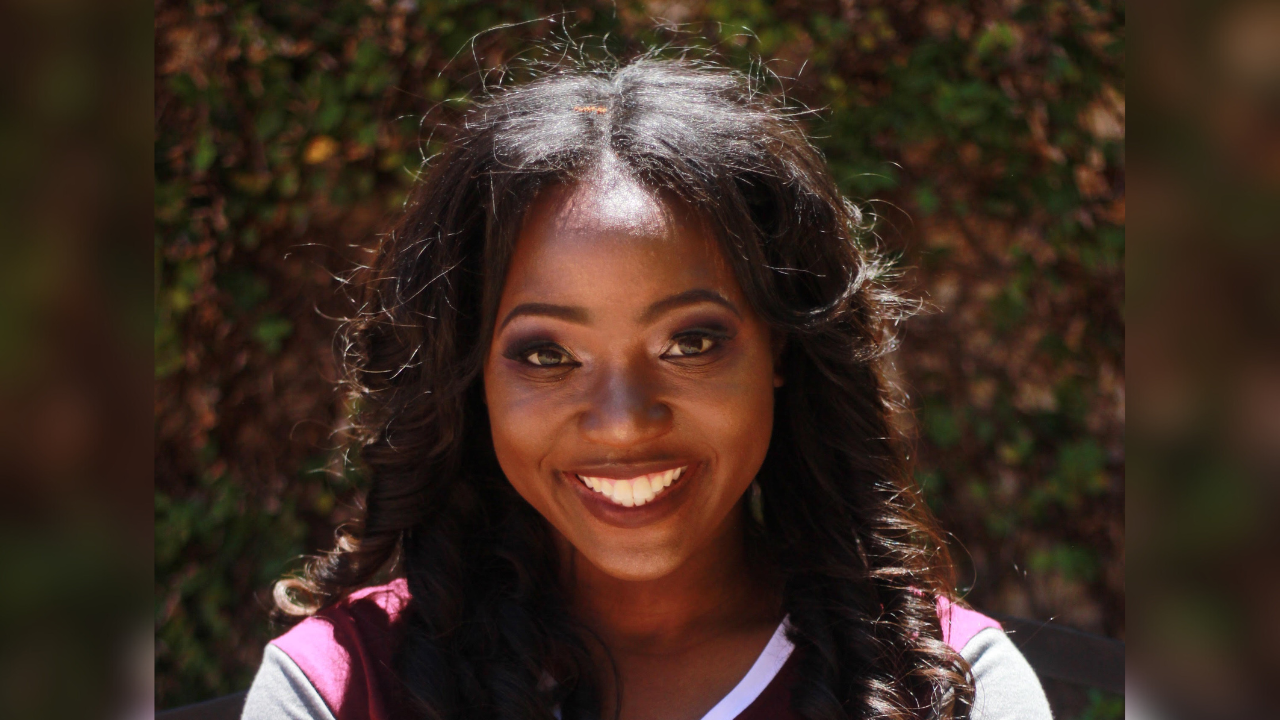A small, private Mississippi school that opened nearly three years ago with just six students has grown to approximately 50 in grades prekindergarten through 12th.
Leora Hooper founded Abundance Educational Academy in a neglected storefront in Yazoo City, according to The New York Times. She had taught special education at a local public school and sixth-grade social studies at another. However, Hooper’s work in the impoverished community and struggling public school system took its toll and she quit in 2021. Since she left in the middle of the school year, her public-school teaching license was suspended.
Inspired to start a new chapter and offer students an alternative as well, she started Abundance, becoming its executive director. Hooper wears many additional hats too: She is a math, social studies, and language arts teacher, an after-school tutor, the registrar, a guidance counselor, co-director of the drum line, a janitor, and receptionist.
“I was born to do it,” Hooper said of her duties, per The Times. “But the financial part? Lord!”
Abundance, accredited by the National Association of Private Schools, welcomed its first group of students in 2022, including two of Hooper’s own children. Since then, many parents have transferred their children from public schools, and some teachers who worked with Hooper in local school districts have enrolled their children there.
This year’s tuition is $300 a month, which helps cover salaries for other teachers and staff as well as rent and supplies. The school does not receive any public funding.
Last year, Hooper shared she had to take out a $20,000 loan against her husband’s retirement fund to pay her small staff, which includes teachers and aides. She herself has not received a salary since leaving her previous teaching job.
“What I don’t get here, I’ll get on the other side,” she said, referencing her Christian values, which she said guide her teaching approach and are central to the school’s mission. Hooper also wants to ensure students are “empathetic, curious and spiritually resilient,” according to The Times.
In Mississippi, third graders in public schools are required to pass a standardized test in order to advance to the next grade, but private schools are not subject to this requirement. Nearly two-thirds of the fourth graders at Abundance attended public schools last year and did not pass. Abundance does not have standardized tests, and grades are the only systemic way to assess students’ academic improvement.
With its growing wait list and parents calling nearly every day to inquire about enrolling their children, Hooper hopes to one day get a larger building — preferably owned by the school — to accommodate up to 150 students and staff and so she can finally pay herself.
“It may not look like anything,” volunteer Goldie Jackson said. “It may look like it’s rundown or whatever, or makeshift, but the quality that these kids get, this is a cut above.”
Yazoo City, located in the Mississippi Delta, is home to 9,750 residents and is characterized by its significant poverty, The Times reported. Schools have long reflected the racial inequalities in the community.
Wealthier white families often choose to enroll their children in private schools, while public schools, primarily consisting of Black students, struggle with teacher shortages and lack of essential resources. In Yazoo City, student performance was consistently poor enough that the state took over the school district in 2019, according to The Times.
Moriah Beckford, 18, is Jackson’s granddaughter and began her senior year at Abundance after transferring from a high school in nearby Humphreys County. There, she experienced bullying and was ostracized after moving from Texas to live with her grandmother.
While starting at Abundance was a challenge for Beckford, especially during her senior year, she’s proud of her decision. She hopes to attend Baylor University in Texas to study music.
“Here,” Beckford said of Abundance, “I can just breathe.”


